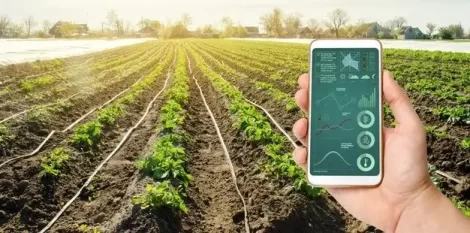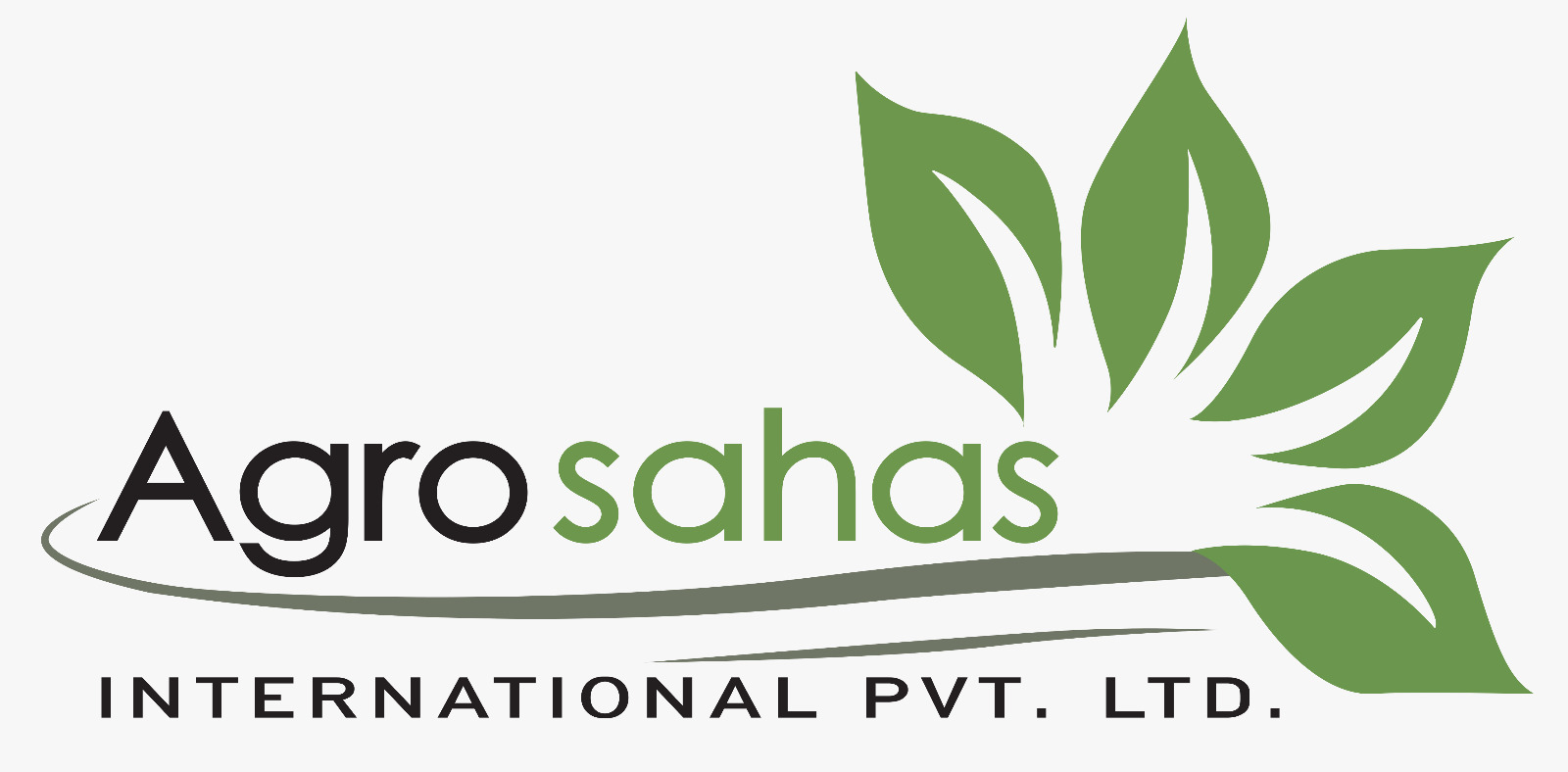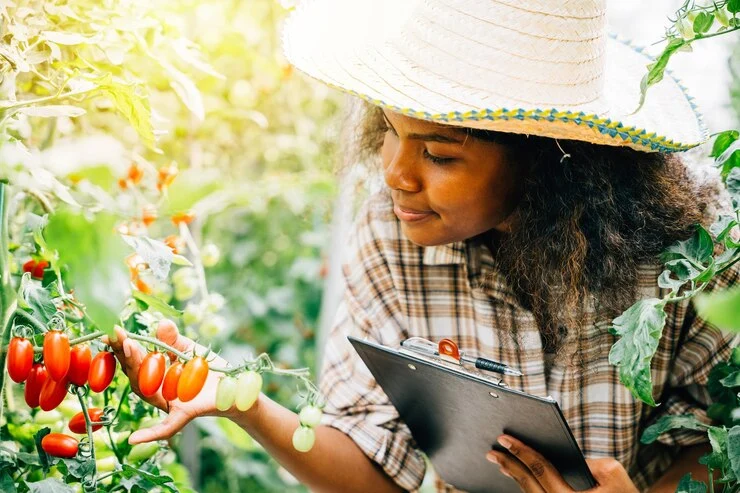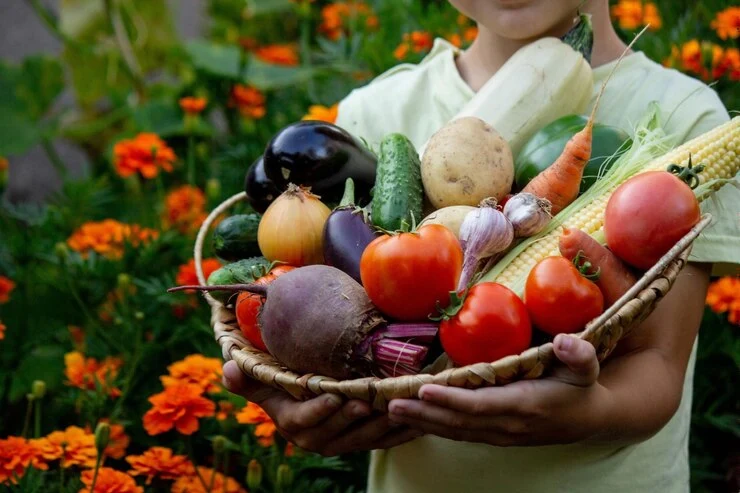In today’s fast-paced world, where technology and innovation drive agricultural practices, it’s essential not to overlook the wealth of knowledge passed down through generations. At Agrosahas International, we believe in the importance of preserving indigenous wisdom and integrating it into modern agricultural techniques for a more sustainable future.
Preservation of Indigenous Knowledge
Preservation of indigenous knowledge involves recognizing, documenting, and safeguarding the traditional practices, wisdom, and skills passed down through generations within local communities. This knowledge encompasses a deep understanding of local ecosystems, soil fertility, crop management, and weather patterns, which have sustained agricultural practices for centuries.
Implementing Indigenous Knowledge
Implementing indigenous knowledge involves incorporating traditional practices and techniques into modern agricultural systems. This may include integrating organic farming methods, utilizing traditional crop varieties, and adopting natural pest and disease management strategies. By respecting and incorporating indigenous knowledge, farmers can enhance agricultural resilience, productivity, and sustainability.

Contributions of Traditional Knowledge to Ugandan Agriculture
Traditional knowledge plays a vital role in Ugandan agriculture by offering insights into sustainable farming practices tailored to local conditions. Indigenous practices such as agroforestry, crop rotation, and water harvesting techniques have proven effective in conserving soil fertility, minimizing erosion, and maximizing yields in Uganda’s diverse agro-ecological zones.
Importance of Indigenous Knowledge
Indigenous knowledge is invaluable for its role in promoting agricultural diversity, resilience, and sustainability. By preserving and integrating traditional practices, farmers can adapt to changing environmental conditions, reduce reliance on external inputs, and promote food security and sovereignty within their communities.
In conclusion, the integration of indigenous knowledge into modern agriculture is essential for fostering sustainable farming practices and ensuring the resilience of agricultural systems. At Agrosahas International, we are committed to honoring tradition and harnessing the wisdom of local communities to promote sustainable agriculture and livelihoods in Uganda and beyond.




